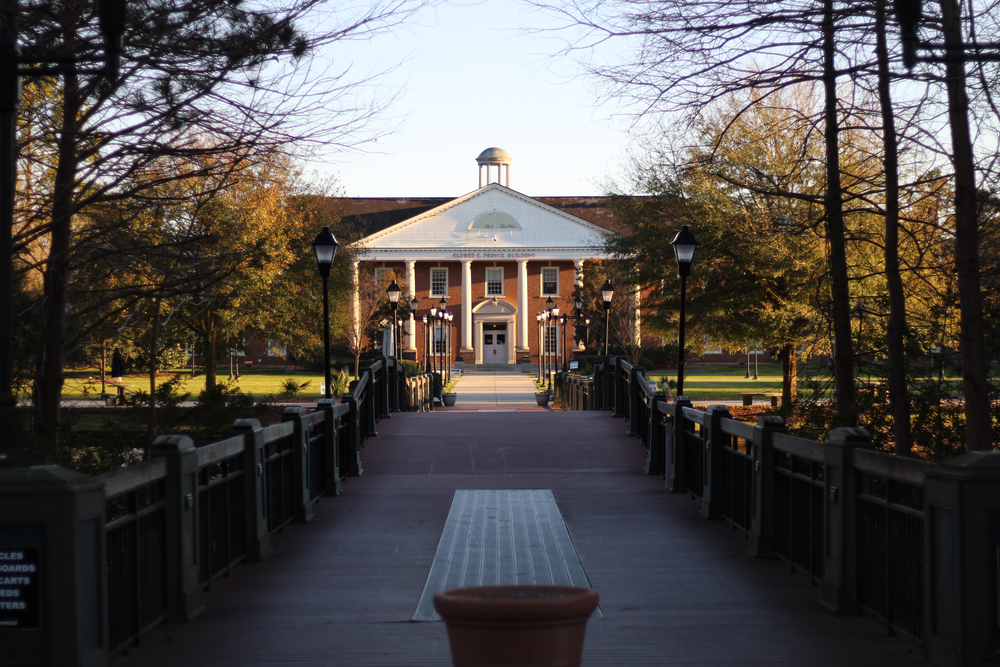Myrtle Beach News: Coastal Carolina University Launches Space Program
Aiming for the ‘epicenter of space education’: Why CCU launched a space program
Coastal Carolina University didn’t set out to launch a space program. The school’s original idea was to offer an Air Force ROTC, a course that prepares students to be military officers. It would have been part of the CCU Intelligence and Security Studies Department, but congressional budget cuts forced the university to consider other options.
“Our ultimate goal is to be the epicenter of space education and training in South Carolina here at Coastal,” said Bob Vipperman, who chairs the Security Studies Department Senior Intelligence Advisory Board and manages the new space program.
While looking for another way to expand the offerings for his students, Vipperman came across a type of miniature satellites called CubeSats. “I wrote a letter to a couple deans here on campus in the College of Humanities and Fine Arts and also the Gupta College of Science, and they thought it was a great idea,” Vipperman said.
Coastal Carolina launches space program, to create mini satellite
ChantSat-1’s primary camera will collect data that provides insight about sedimentation in the rivers and stormwater, and beach water health. It will also be key for flood research.
“The camera will be what’s called a multispectral camera,” said Wes Hitt, associate professor and chair of CCU’s Department of Physics and Engineering Science. “So it can see colors that we can sense with the eye, but it can also see colors that we can’t sense with the eye, and that multispectral allows strong contrast for moisture and water coverage. So it will provide a way through the satellite imagery to quickly access the extent of flooding during flood events, like a hurricane-related flooding event.”
A ‘bedbug capital’? SC tourists, locals sue Myrtle Beach-area hotels over pests
Hitt hopes the CubeSat will launch in the summer or fall of 2027, where it will be up in space for three to five years. The project will cost roughly $1.2 million to $1.5 million. The CCU Space Program’s Intelligence Operations Command Center will be housed in the Thomas W. and Robin W. Edwards College of Humanities and Fine Art’s Department of Intelligence and Security Studies.
South Carolina is one of seven states without a CubeSat. Vipperman said an elementary school in Florence has previously put up a smaller satellite as did another school in North Charleston.
Conclusion
Hitt hopes the program will teach CCU students across different departments an array of skills. “Both CCU Space Program and ChantSat-1 will be very interdisciplinary projects engaging students across multiple colleges and departments,” Hitt said. “That ranges from the humanities, arts and sciences and more.







